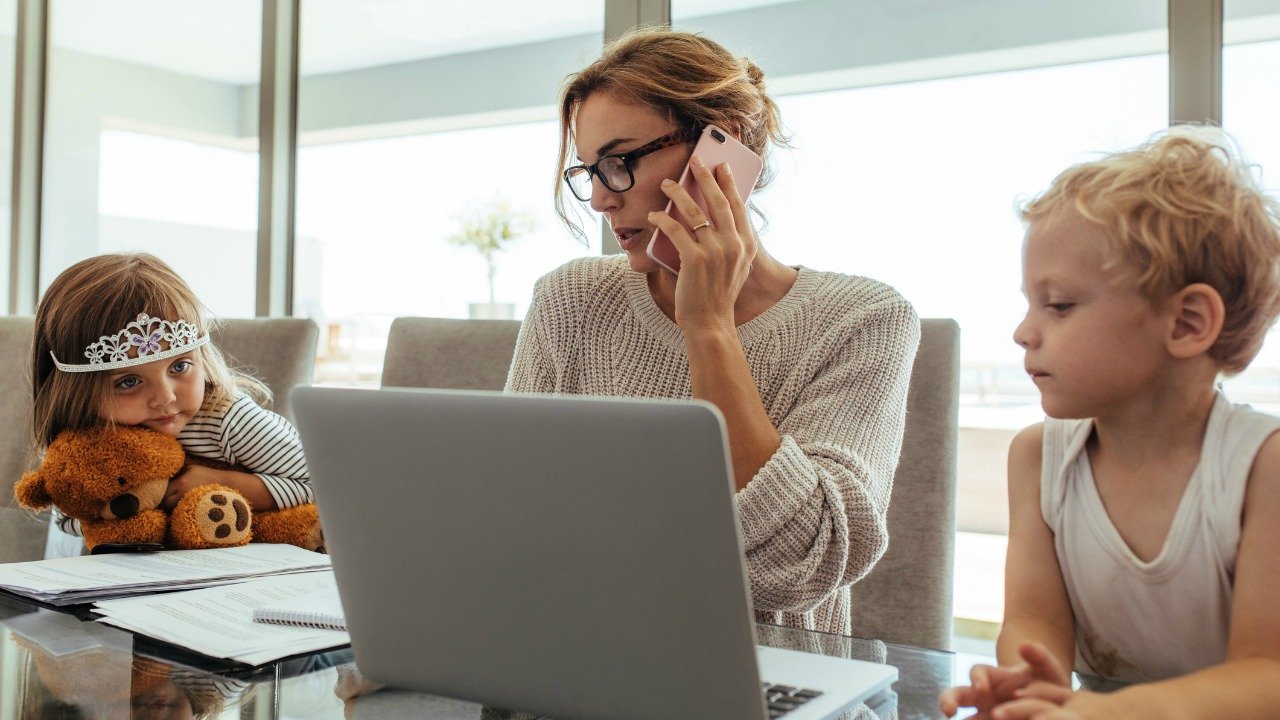Gone are the days when a woman’s role was simply to be a good wife and mother. Today, the gender equality issue is gaining more and more attention. Nonetheless, women still earn less than men for doing the same jobs. Moreover, women who raise a child tend to lose their income sharply. Several international researchers have shed light on the decline in women’s income after giving birth.
How is that possible in emancipated countries such as Sweden, Denmark, and the Netherlands? Sara Rellstab and Simon Rabaté, researchers at the Central Planning Bureau (CPB) in the Netherlands, tried to find out.
Women’s hourly wages falling after giving birth
The research by Rellstab and Rabaté shows that after seven years of motherhood in the Netherlands, women’s income has fallen by 46%. For men, the same indicator shows no change at all. The participation of mothers in the labor force also falls by 13% while that of fathers rises by 2%. In addition, women will work 47% less while for men this is only 2%. However, the fall in mothers’ incomes is not entirely due to fewer working hours, the researchers claim. Their hourly wages also fall by 13% while the hourly wages of fathers increase on average by 2%.
International research in 2019 and 2020, conducted by the National Bureau of Economic Research in Cambridge, UK, shows that the child penalty is higher in Germany (60%) and Austria (50%) and lowest in Denmark (20%).
“Mothers belong at home”
In a survey in the EU in 2012, the option “A woman should stay at home with a child under school age” was endorsed by three-quarters of Germans. It received the least support in Israel, Sweden, Denmark, and the Netherlands with only one-quarter of the respondents, men, and women, agreeing. Almost half of the Dutch agree with the opinion that “if a mother works outside her home, the child suffers”. This cultural dimension is so strong that political measures cannot compete with it. Strikingly, government-provided and heavily subsidized childcare has had no effect on reducing gender inequality, say the researchers, Rellstab and Rabate.
Paid maternity leave helps to reduce the child penalty in the short term but not subsequently. For example, it transpires that paternity leave in Sweden had only a slightly negative impact on fathers’ incomes. Even traditional family support by the state such as child benefit has a negative effect on the income differences between men and women. The state compensates for a potential shortfall in family income resulting in less income for mothers but not fathers.

The Bible, Islam and the Grandparents
Sara Rellstab investigated the relationship between the child fine and traditional views by looking at municipalities with a relatively large number of churchgoers. She found a 9% higher child fine in the Dutch Bible Belt than in other municipalities.
If traditional families themselves choose that mothers work less, to what extent is the child fine a problem? Rellstab responds,
“That is a relevant question. If parents stay together, this is not a big problem, especially if they divide the parenting and household tasks to everyone’s satisfaction. But once it comes to a divorce, which is often the case these days, it can become problematic, as young fathers can’t spend enough time with their children.”
Free childcare
As a government, should you interfere with people’s values and, if so, how? Egbert Jongen, Program Leader Labour at CPB Netherlands Bureau for Economic Policy Analysis and Associate Professor at Leiden University, comments,
“The free choice of individuals and couples is paramount. The government must inform people about the consequences of those choices, for example, vulnerability during a divorce, unemployment and other setbacks.”
Family assistance such as child benefit actually increases the child fine because women are more likely to stay at home as a result. Should child benefit be abolished then? The researchers disagree with this stating that child benefit can be counterproductive but also contribute to a better division of tasks and paid work between parents.
Finally, the term “child penalty” or “child fine” sounds negative, as if taking care of children results in a punishment. Sara Rellstab would prefer to give it another name,
“It is indeed an unfortunate name. I find ‘decrease in income after motherhood’ more neutral.”

